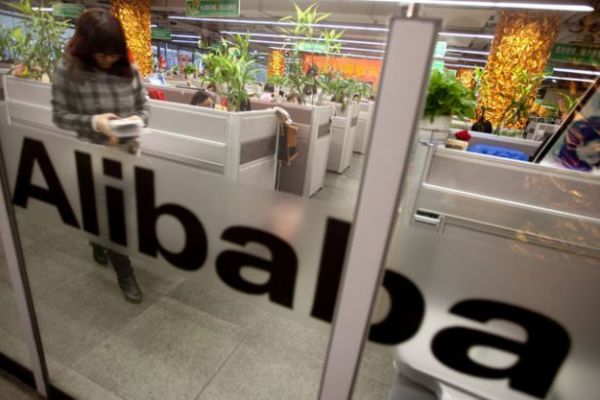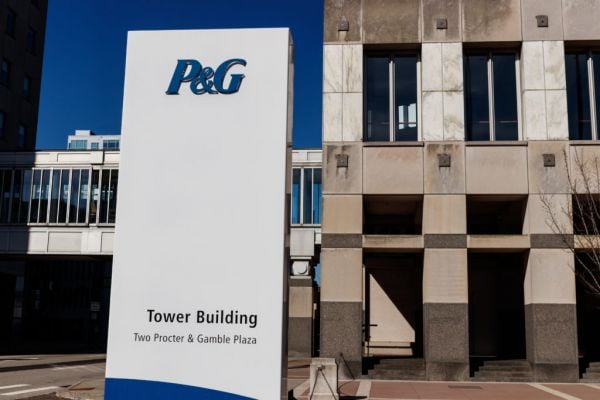The rush that drove Alibaba Group Holding to a record US initial public offering has turned into a retreat a year later, as the Chinese online retailer is beset by the slowest economic growth in 25 years and a domestic stock sell-off that has shaken global investor confidence.
The American depositary receipts, which surged as much as 75 per cent from the initial listing price, tumbled 16 per cent to $66.12 in August in their third straight monthly decline in New York. The drop pushed the ADRs below the debut price of $68, as short-sellers boosted bearish bets on the stock to the highest since April.
Chinese equities have been pressured amid mounting concern that government efforts to prop up the economy and financial markets will fail. Alibaba, the country’s biggest e-commerce operator, has trailed analysts’ revenue forecasts in two out of the past four quarters and reported the slowest sales increase in at least three years for the three months ended in June. The turnaround in investor sentiment has cut $65 billion from the company’s market value since the initial public offering.
Investors were so optimistic about Alibaba’s growth prospects at the IPO, “there wasn’t really much room for any disappointment,” Kevin Carter, founder of the Emerging Markets Internet & Ecommerce ETF, which invests in Alibaba, said by phone from San Francisco. “People had expected growth to accelerate, and the pace slowed instead in the following quarters.”
The slowing growth stems from e-commerce market saturation in China’s larger, wealthier cities and the company’s strategy of shifting to services over smartphones and tablets, which generate less revenue from ads compared with desktop computers. Analysts estimated in September that Alibaba’s revenue would increase 33 per cent for its fiscal 2016 ending in March. The projection is now cut to 29 per cent, according to data compiled by Bloomberg.
Alibaba is also facing competition from smaller online retailers in its home market. While the company’s $1.3 trillion yuan ($204 billion) in total transaction value in its online marketplaces was more than six times that of JD.com, Inc., China’s second-biggest e-commerce company, in the first half of this year, its 37-per-cent growth rate was less than half of JD.com’s.
Hedge funds have been part of the investor exodus from Alibaba, as they cut their stock holdings in the company to about 3.1 per cent as of the end of June from 5.2 per cent in the third quarter of last year, according to data in public filings compiled by Bloomberg. They boosted their ownership in JD.com to 18 per cent from 1.2 per cent during the period.
Price swings in Chinese markets have rattled investors worldwide, as they struggle to anticipate policy actions in the world’s second-largest economy, which is forecast to grow 6.9 per cent this year, the slowest pace in a quarter-century.
Bloomberg News, edited by ESM. To subscribe to ESM: The European Supermarket Magazine, click here.














